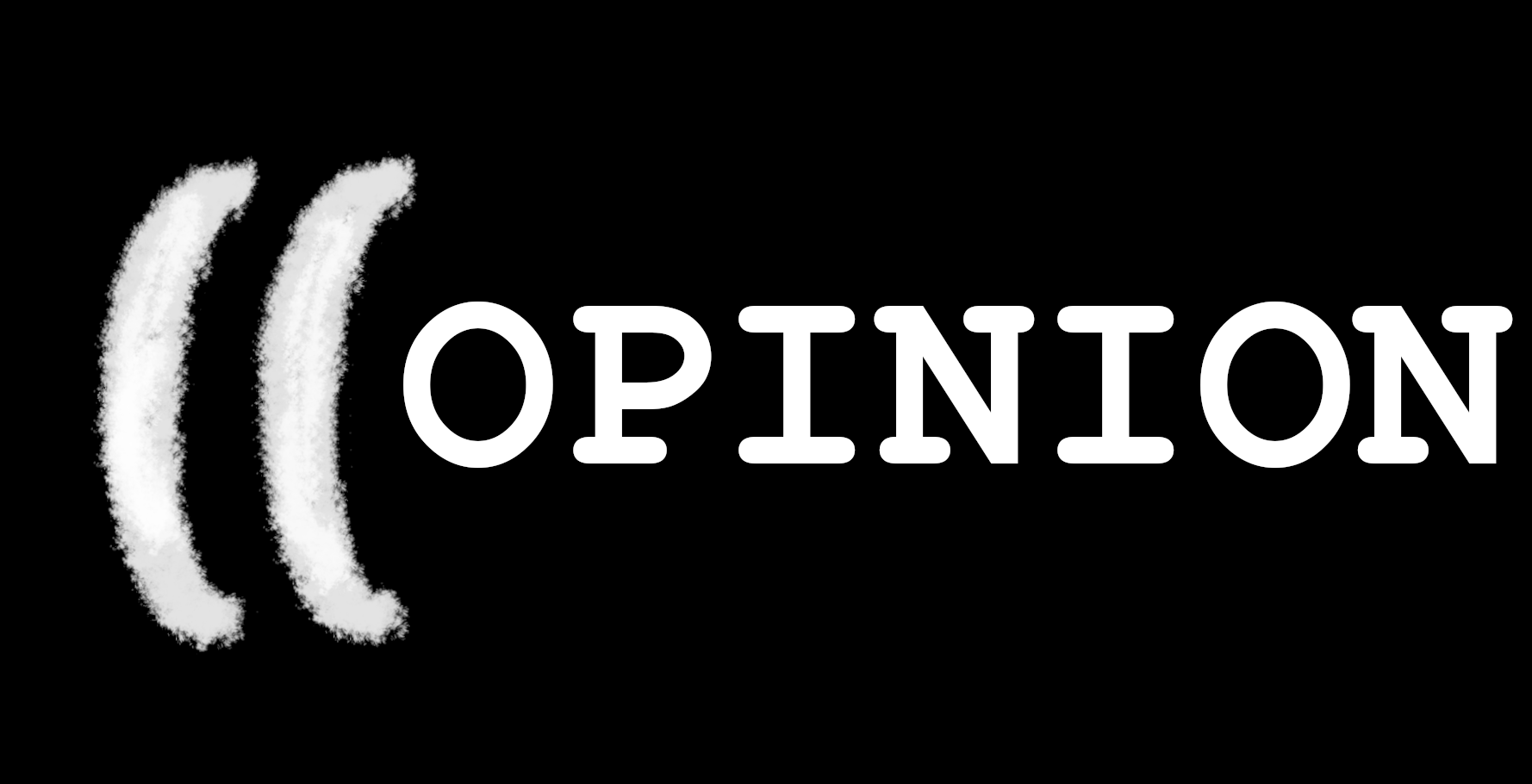
written by RichCat06 on April 3, 2025

*THIS IS AN OPINION PIECE. THIS DOES NOT RELAY ANY INFORMATION WHATSOEVER.*

These days, most social media websites have two-factor authentication features. While they do a great job protecting your personal information from hackers, I have a bone to pick with them.
Two-factor authentication requires more personal info than I think is necessary, and it overcomplicates what should be a simple login process. Now, I may sound like an old man yelling at a cloud, but I like a quick and simple login process. I don't wanna be bombarded by a website telling me to check my phone for a little passcode to log into a website. On top of that, a website shouldn't know my phone number!!! That is very sensitive personal information that shouldn't be available to big-tech boogeymen like Google or Facebook. It opens you up to spam calls and texts. They could even be selling your personal information on the dark web, and that's not good at all.
That also begs the question: is it possible to optimize two-factor authentication to better suit our online privacy? Now, that's a very interesting question. I think it's certainly possible, but until that day, I won't trust it. Most big-tech boogeymen don't wanna do this because this blocks one of many data collection fronts for them, blocking a potential revenue stream in the process. Aside from that, I think a great way to make 2FA more private is to have it operate in a peer-to-peer fashion. Aegis Authenticator does a really good job at this. But it's clunky. If they could make it less clunky, I'd use it regularly.